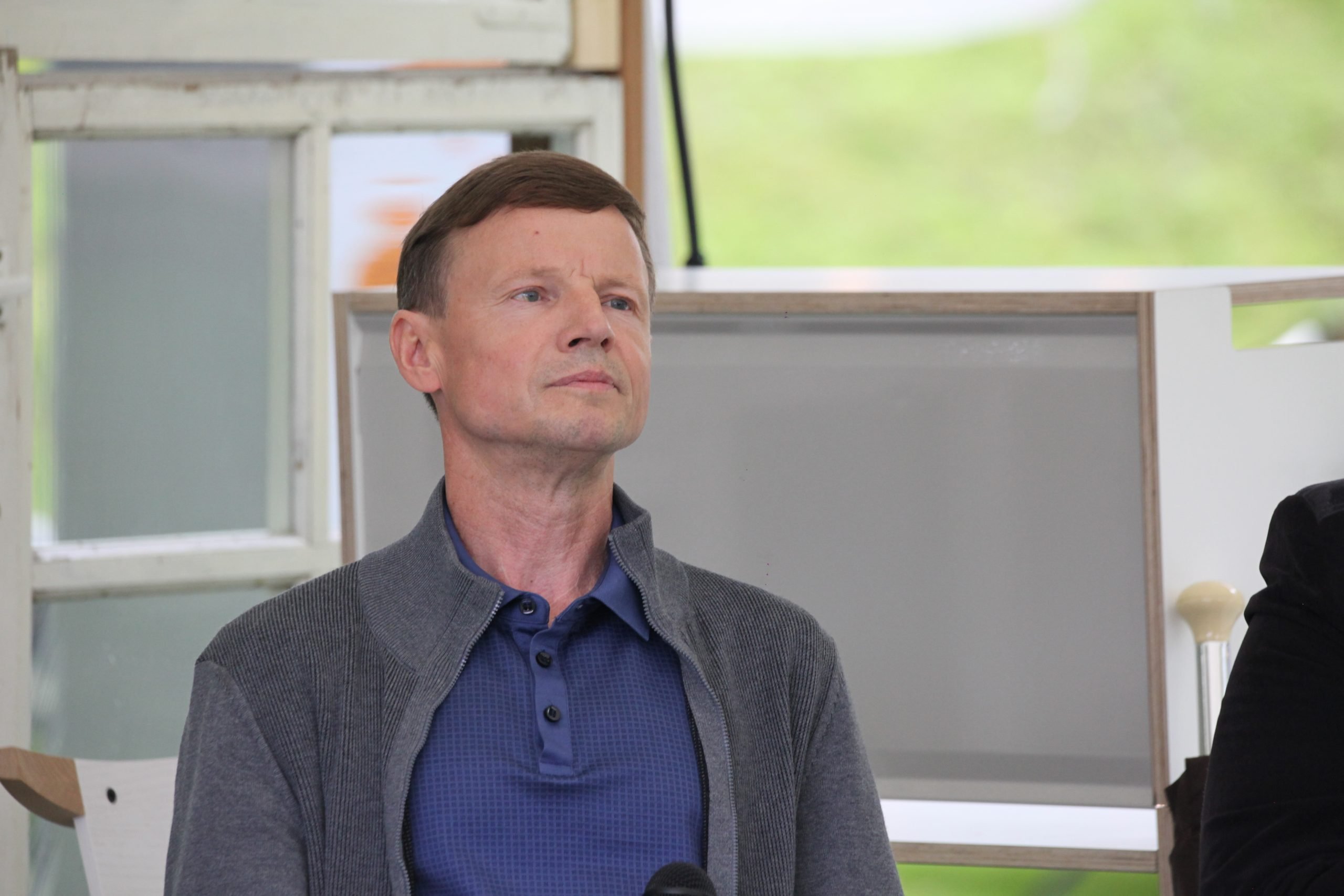Opposition Reform Party MP Aivar Soerd, member of the parliament’s finance committee and former minister of finance, has said that the 11 billion euro budget bill completed by the Estonian government reflects an expectation that good times in the economy will last forever and recommended that the government accumulate reserves during good times instead.
“The government is acting at a time of favorable economic environment and is raising the tax income of the state budget. Inflow of income is ensured also by the rapid price rise, which unfortunately is not as favorable for the consumer as it is for the state treasury. During the good times money should be put aside and fiscal buffers created, because the economy is cyclical and good times will not last forever,” Soerd said in a press release.
“At a time when the treasury is literally spilling over, we can see exceptionally weak intake of excise duty income. Cross-border trade has taken on extensive dimensions, cross-border alcohol trade on the border with Latvia already accounts for 25 percent of the Estonian market. This situation will not solve by itself in the coming few years and inaction by the government means acceptance of cross-border trade also in the years to come,” Soerd said.
He said that it appears from the economic forecast of the Ministry of Finance that the foregone amount of the alcohol excise duty together with the VAT going with it amounts to 89 million euros and the foregone amount of the excise duty on diesel along with VAT to 48 million euros this year, or 137 million euros combined.
“Of the excise duty income written into this year’s state budget the state will fail to receive 216 million euros inclusive of VAT. The government unfortunately does not see signs of danger in these numbers because at the moment overperformance on other taxes makes up for the underperformance on excise duties, but this is not sustainable,” Soerd said.
“Since governance of the state has been put on a pause, there is no hope that curbs can be put on cross-border trade in the coming few years. Also the expectation that the taxation of working pensioners will end and the tax system will become simpler, more understandable and uniform will not be fulfilled,” Soerd, who served as director general of the Tax Board from 1999-2003 and as minister of finance from 2005-2007, said.
The Estonian government in a discussion held in Cabinet format on Wednesday reached agreement in principle on the draft of the state budget for 2019, the size of which exceeds 11 billion euros. It is planned that the government will endorse the bill at its meeting next week, the government communication office said.
Prime Minister Juri Ratas said that the 2019 budget will be in a surplus position nominally and in a balance structurally.The tax burden will remain at the present level in the following years. The government sector’s debt burden will drop from the present 8.2 percent to 7.4 percent in 2019 and reach the level of 6.2 percent by 2022, according to forecasts.
Source: BNS
(Reproduction of BNS information in mass media and other websites without written consent of BNS is prohibited.)


















